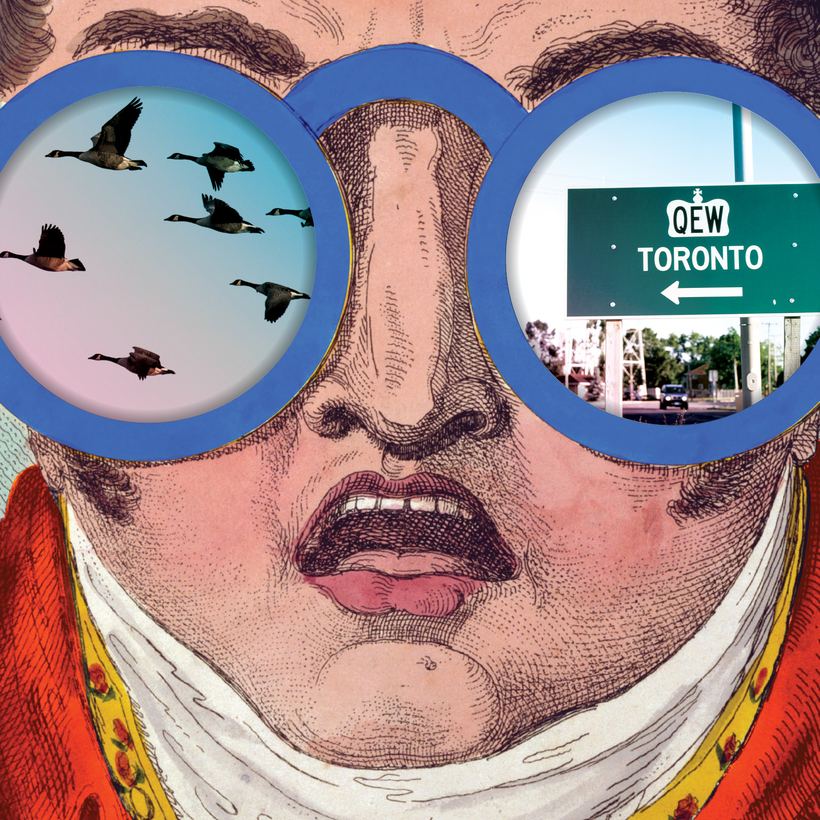In the sixth and final season of The Handmaid’s Tale, refugees from Gilead, America’s post-democratic theocracy, find safe haven in “Little America”—a fictional neighborhood of Toronto.
In the real world, Toronto is also becoming a popular sanctuary. Just as during the Vietnam War, when many American families, including that of the urbanist Jane Jacobs, flocked north, today the continent’s fourth-largest city is welcoming disaffected U.S. academics and scientists.


